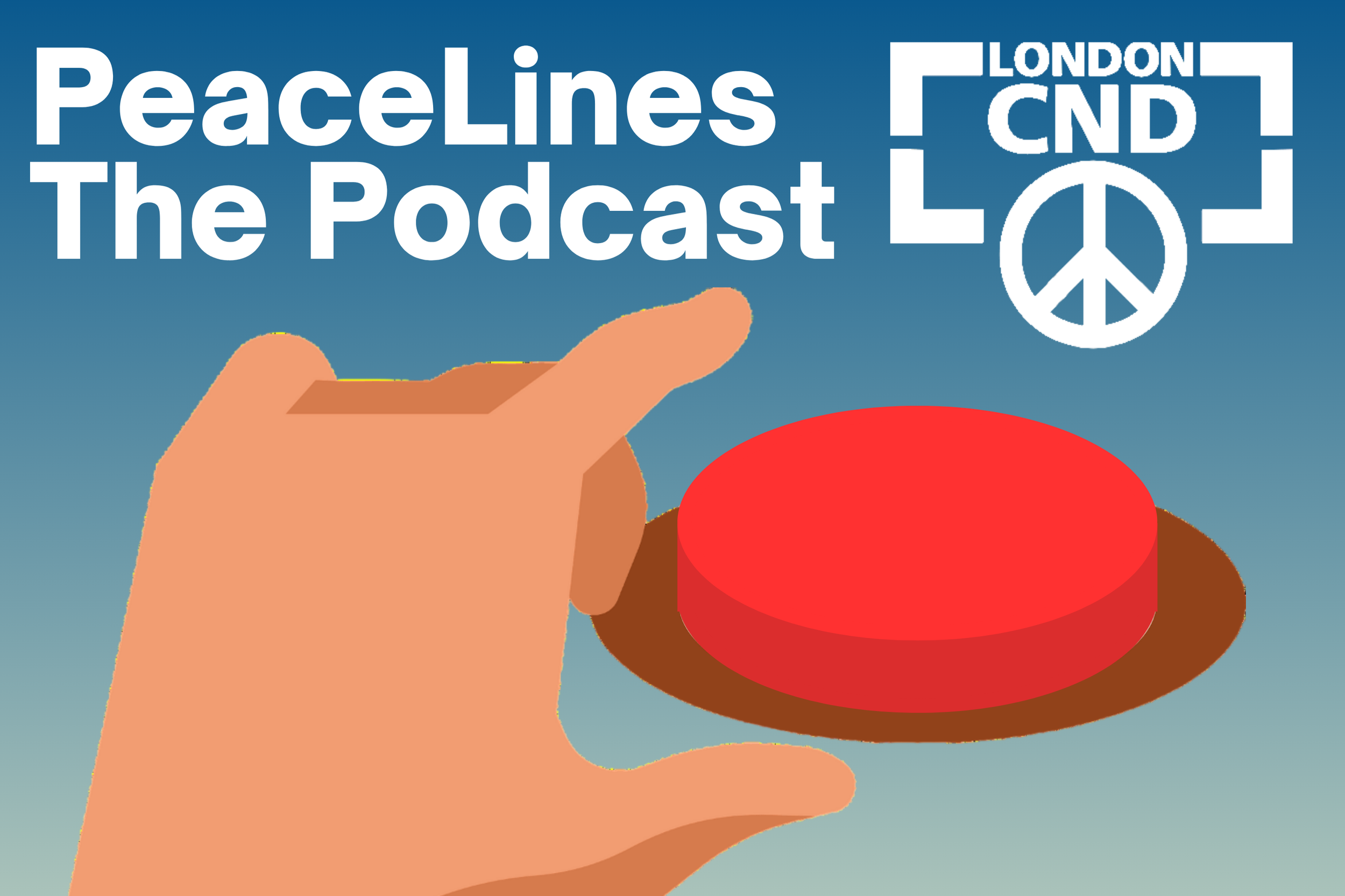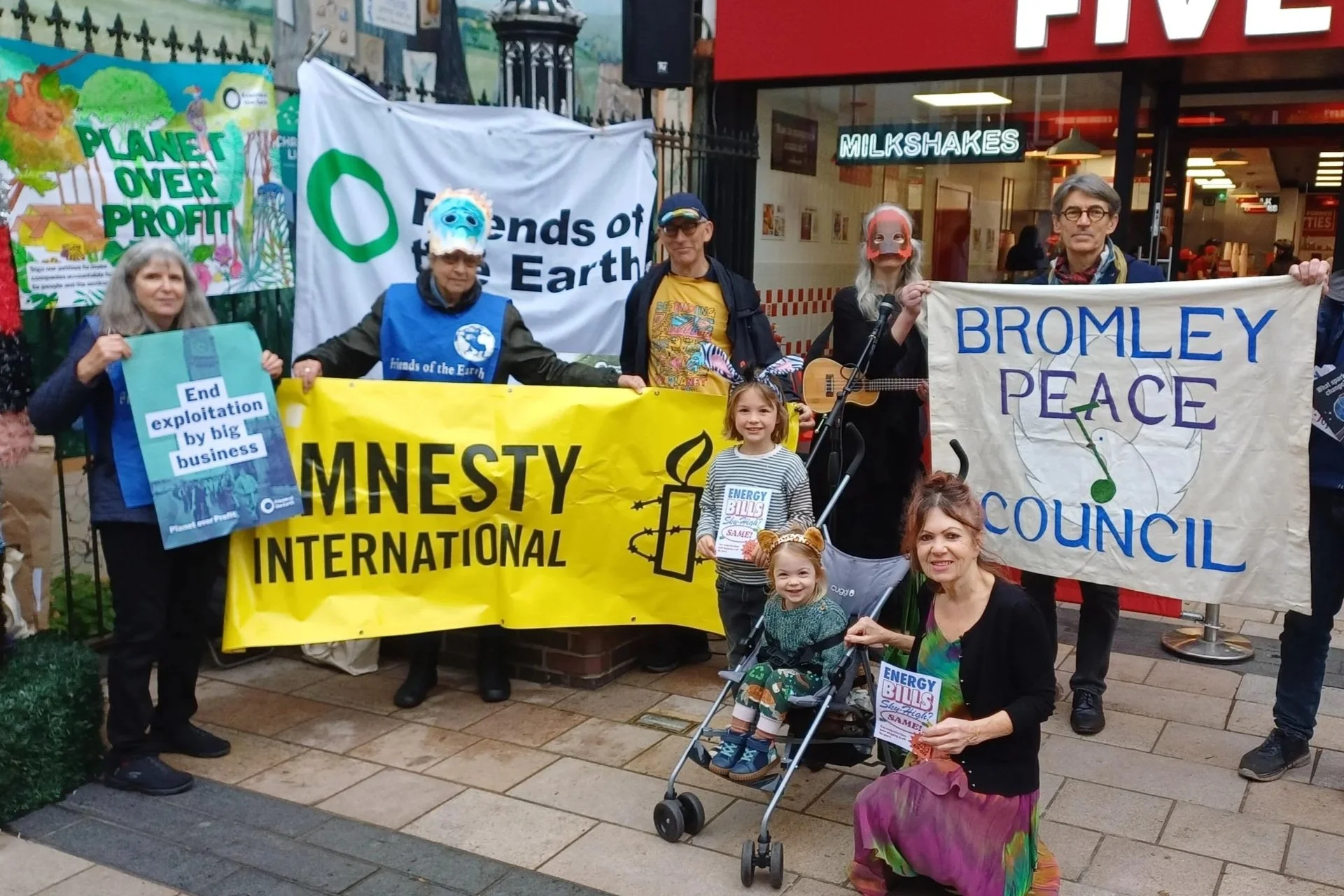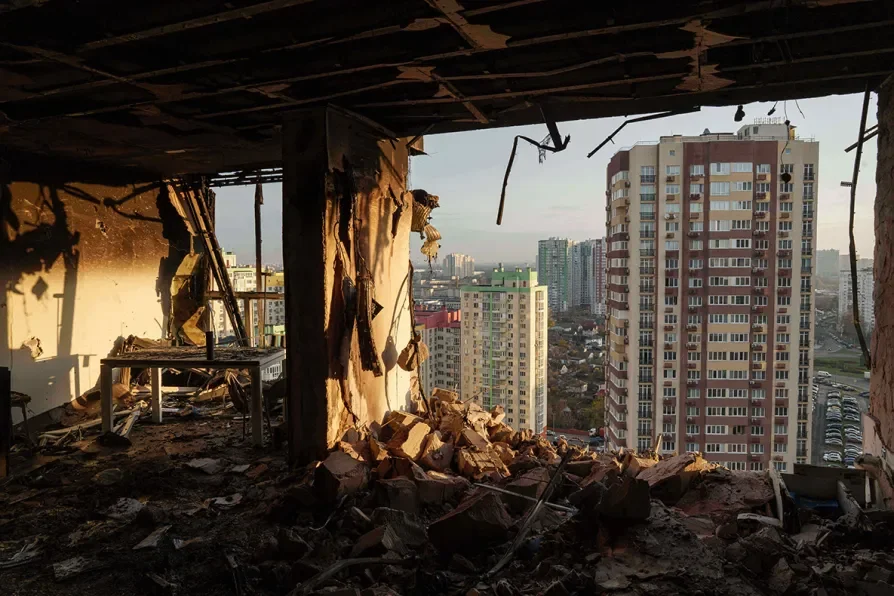On Friday, the Pentagon unveiled the US’s 2018 Nuclear Posture Review, a document which has already been the subject of intense debate and concern since a copy was leaked last month. Here's a brief guide to what it is and why it matters.
What is a nuclear posture review?
The Nuclear Posture Review is published periodically by the US department of defense, and it sets out the role of nuclear weapons in the country’s military. It is often used to signal a change in nuclear policy: for example, Barack Obama’s 2010 NPR ruled out for the first time a nuclear attack against non-nuclear-weapon states who are in compliance with the Nuclear Non-Proliferation Treaty.
What is in the 2018 NPR?
The main policy change signalled by this review is the move to introduce so-called ‘low yield’ nuclear weapons into the US’ arsenal, in order to combat the perception that its current nuclear weapons are ‘too big to be used’ and thus redundant.
‘Low yield’ nuclear weapons have a strength of up to 20 kilotons. The bomb that was dropped on Nagasaki would today be classed as ‘low yield’ despite the fact that it killed over 70,000 people.
Why does it matter?
This change in policy is designed to make nuclear weapons more ‘usable.’ That means it is much more likely that they could be used in a ‘conventional’ (non-nuclear) conflict. Far from moving towards disarmament, President Trump is creating a situation in which an escalation to nuclear war is a real risk.
CND General Secretary Kate Hudson says:
“Essentially, the lid is being taken off the restraints on both new-build and nuclear weapons use. The most significant element of the review is commitment to a whole new generation of nuclear weapons, with the emphasis on low-yield, often described as ‘usable’.
“It should be pointed out here that the bombs used at Hiroshima and Nagasaki are technically low-yield in today’s parlance, so we are not talking about something small.
“The excuse underpinning this approach is supposedly that there are no real options between conventional weapons and all-out nuclear war, and that there should be more rungs on the ‘escalatory ladder’. Personally I would rather see more rungs on the de-escalatory ladder.”










